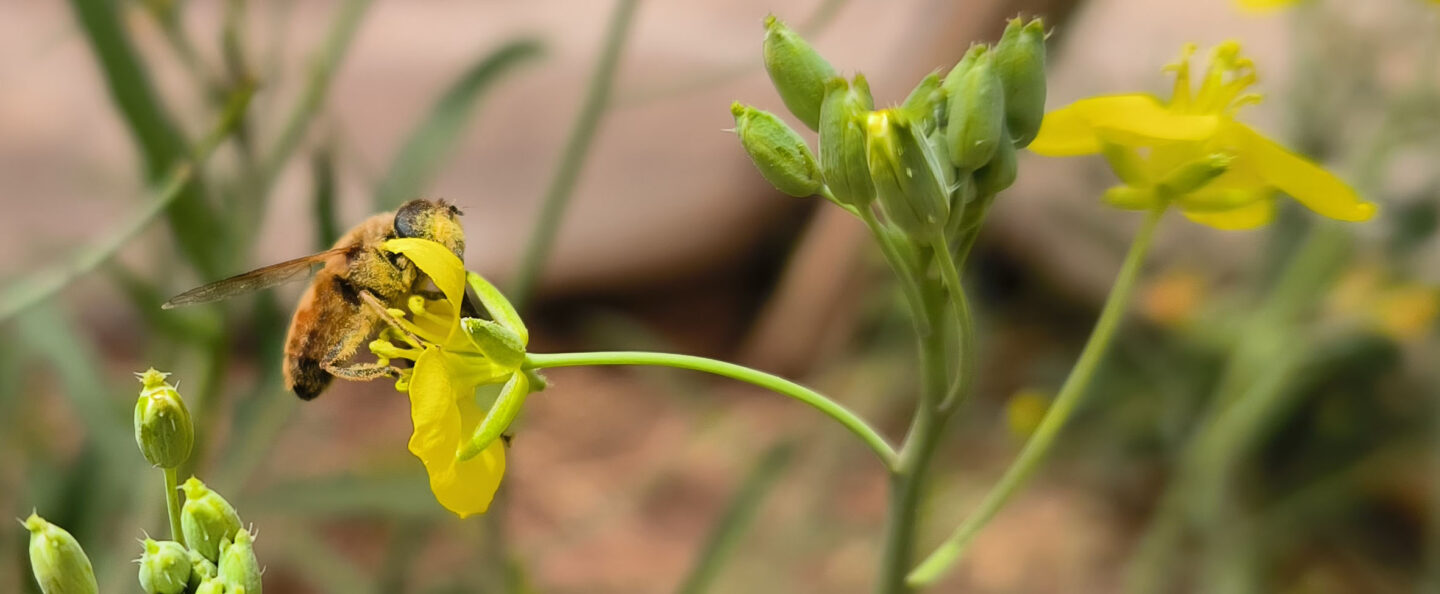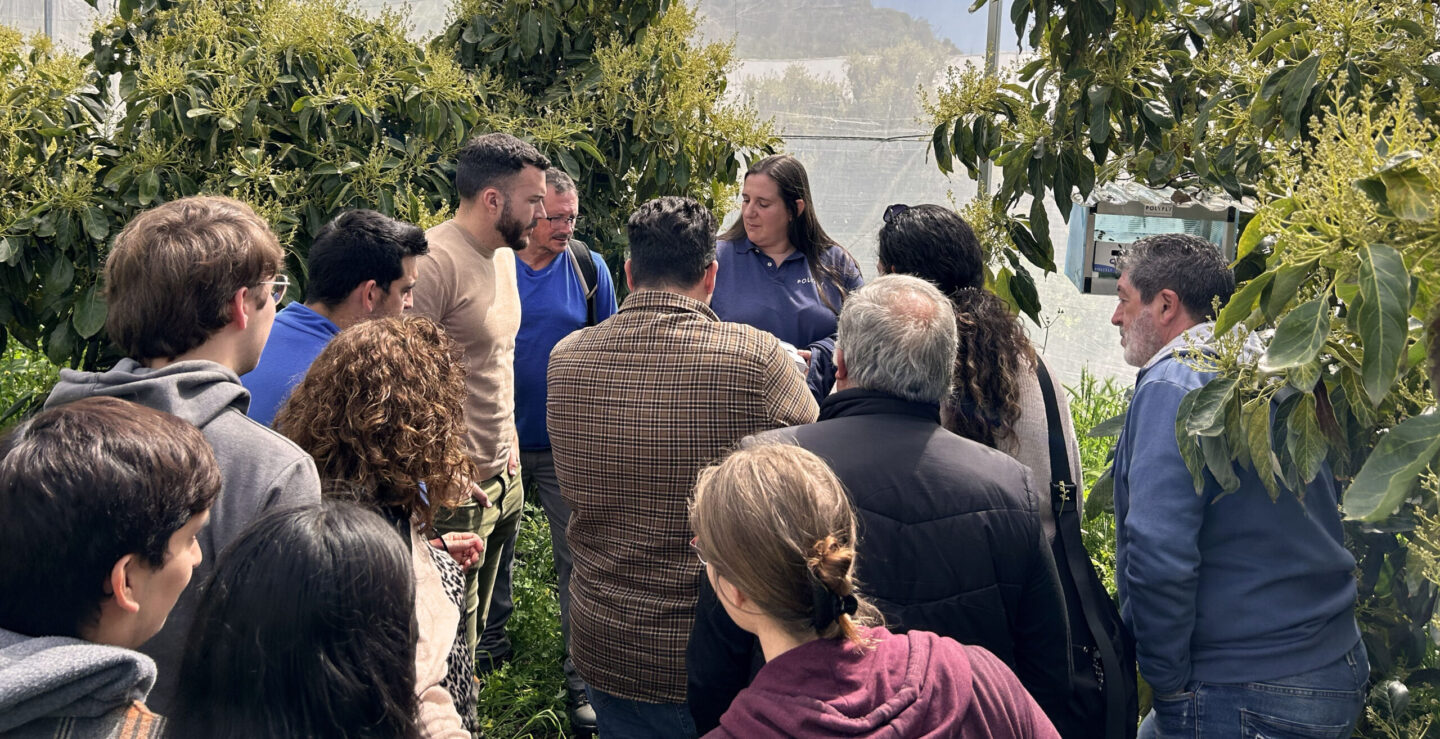
About us
Polyfly is a pioneering AgTech start-up proposing hoverflies (syrphid flies) as natural pollinators for a more sustainable and productive agriculture.
We are global pioneers in the fields of research, production, and commercialization of hoverflies (syrphid flies) as managed natural pollinators.
Polyfly is an innovative SME and AgTech start-up founded in 2017 in Almería, Spain. Its head office is located in the Almería Science and Technology Park (PITA), at the heart of Europe’s horticulture industry.
First company in the world to successfully “domesticate” and produce two pollinating hoverfly species under 100% controlled conditions. Polyfly currently operates the world’s first industrial facility exclusively dedicated to the mass-rearing of hoverflies for crop pollination, located in southern Spain. And our goal is to become the global reference in natural alternative pollinators and in sustainable agricultural solutions based on hoverflies.
Our partnersPassion
Innovation
Sustainability

Our mision
To contribute to global food security by rehabilitating the essential ecosystem service that is natural pollination in order to increase crop productivity while promoting on-farm biodiversity.
Our vision
To lead the alternative pollinator sector with a strong focus on sustainability and technological innovation applied to agriculture.

Our values
Innovation
We drive new solutions for a more efficient and sustainable agriculture.
Integrity
We act with ethics and transparency in everything we do.
Long-term vision
We work with future generations in mind.
Responsibility
Committed to the environment and farming communities.
Service
We focus on delivering real value and practical solutions to our clients.
Our Journey
At Polyfly, we have followed a path of research, innovation, and passion to bring to market a natural pollination solution based on hoverflies. Our progress has been driven by the ambition to transform agriculture towards a more sustainable model.
FlymilyGlobal solution
The widespread presence of these species in different regions of the world reinforces our commitment to providing local pollinators adapted to each ecosystem.
Impact